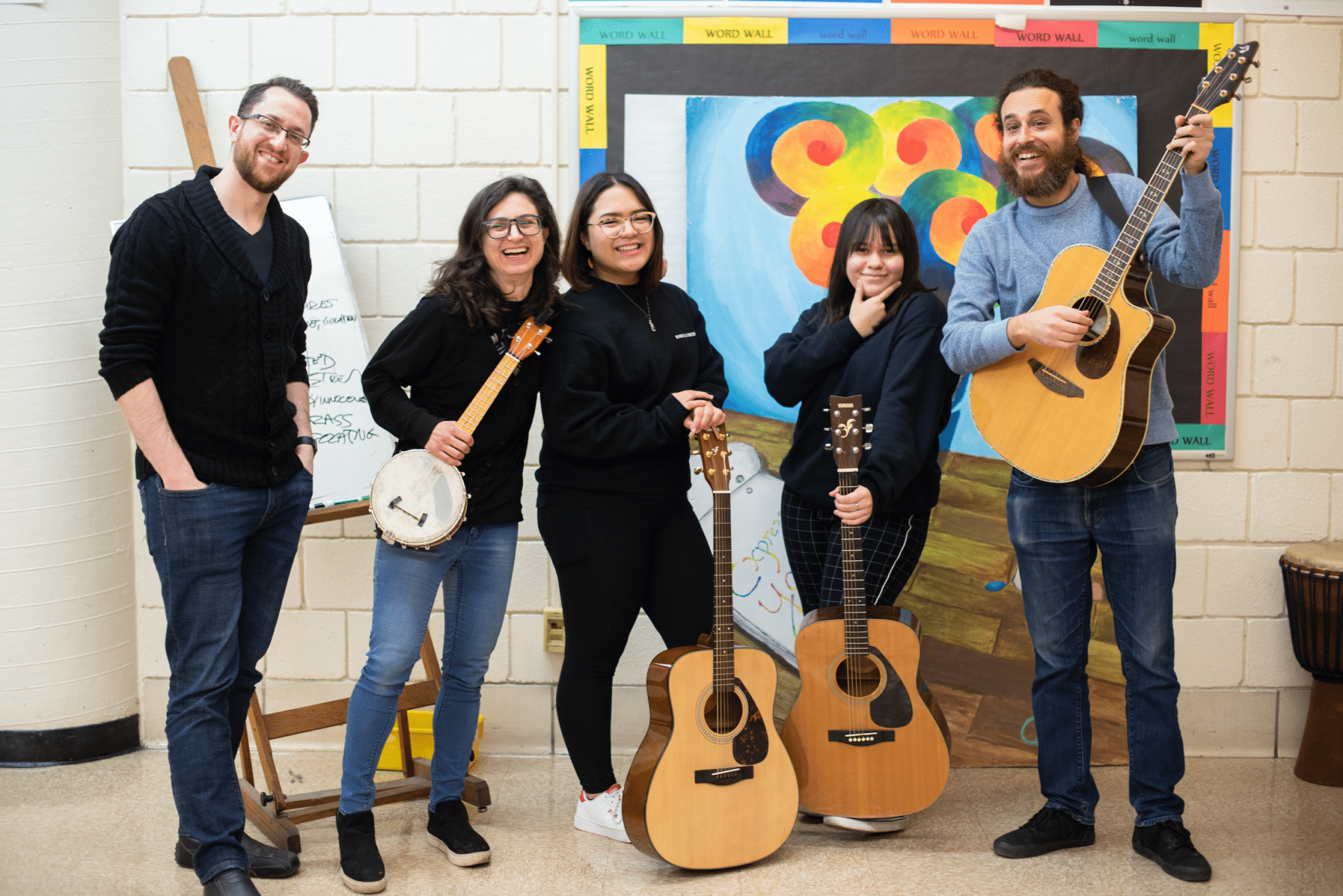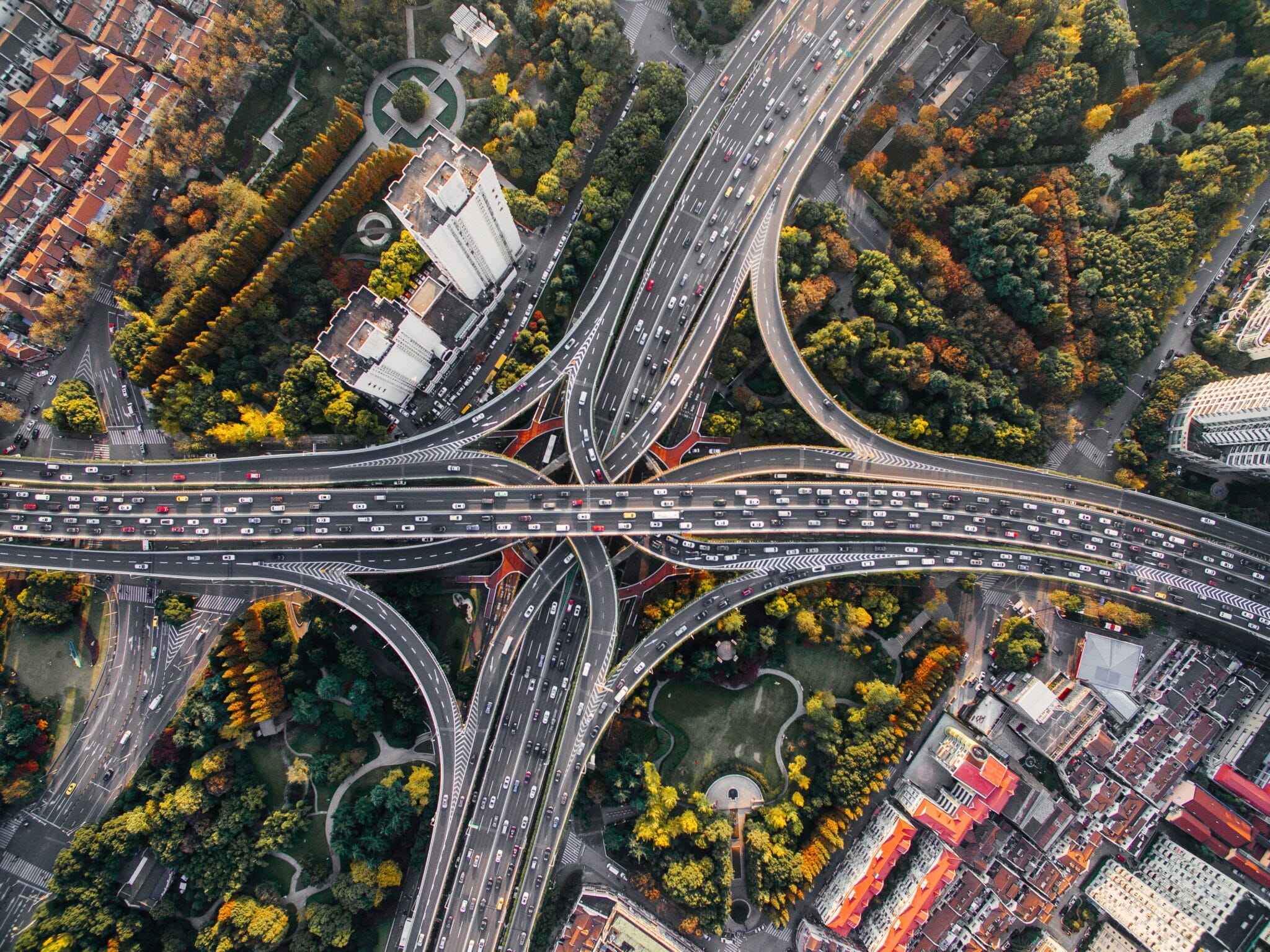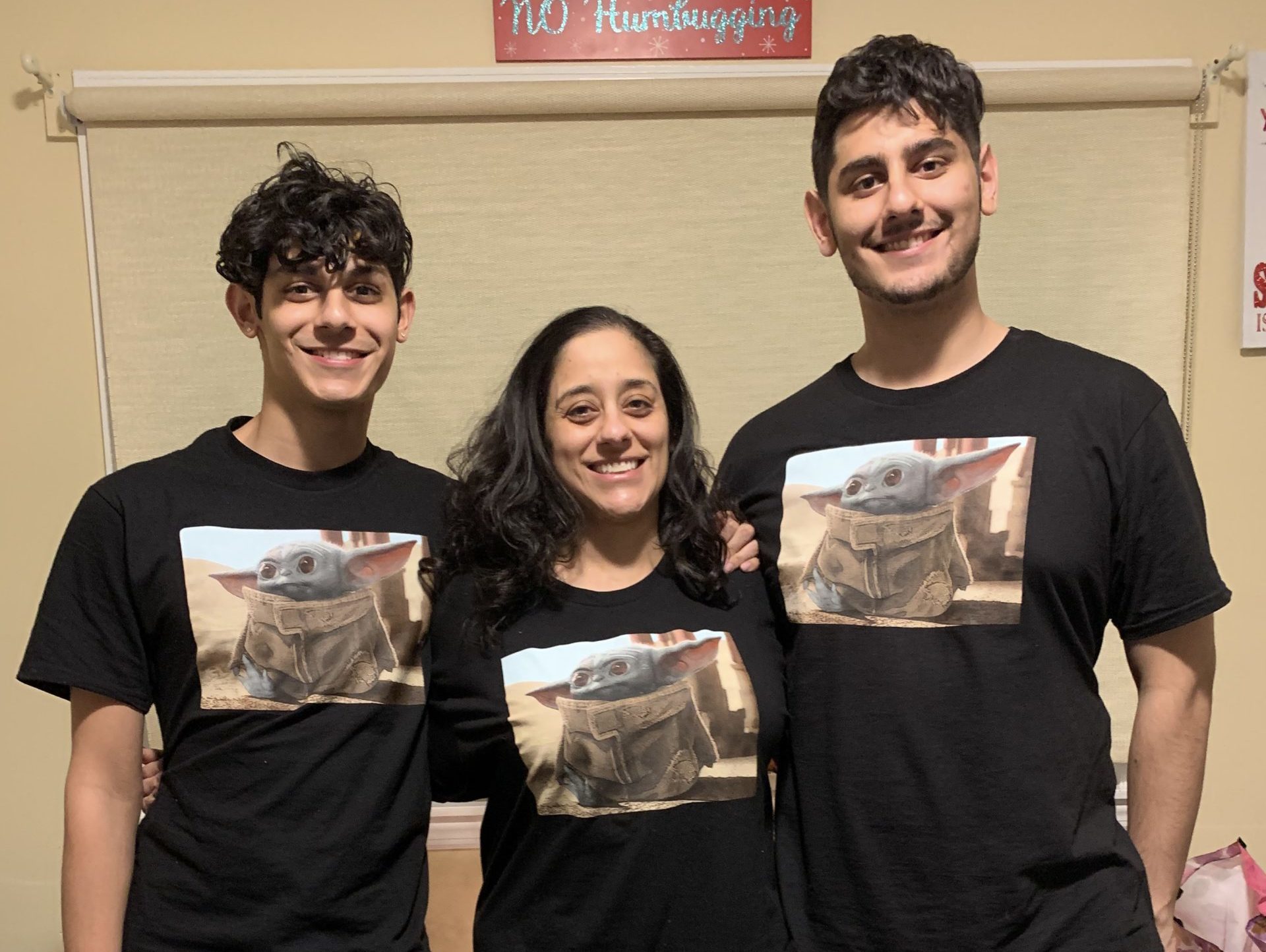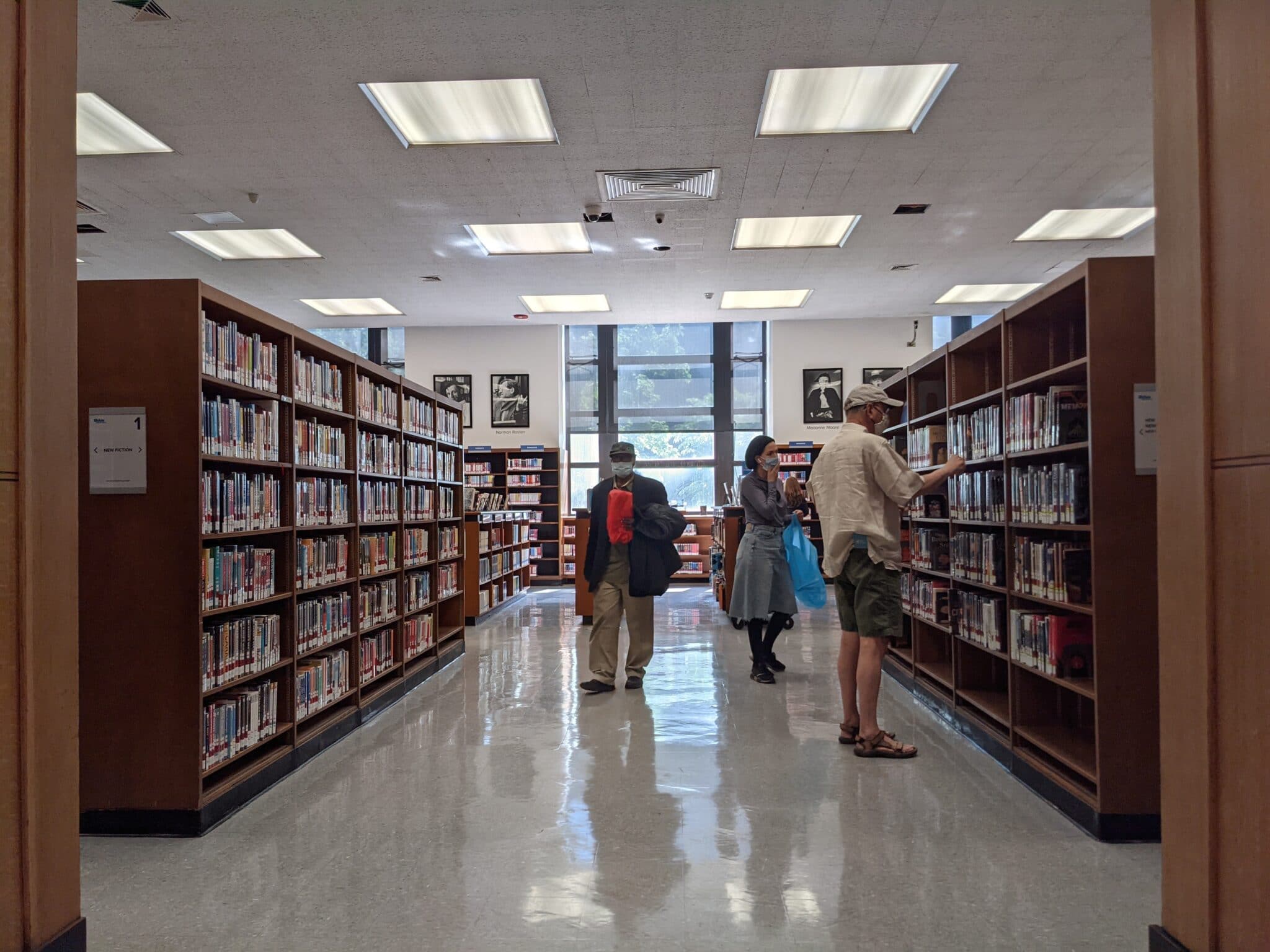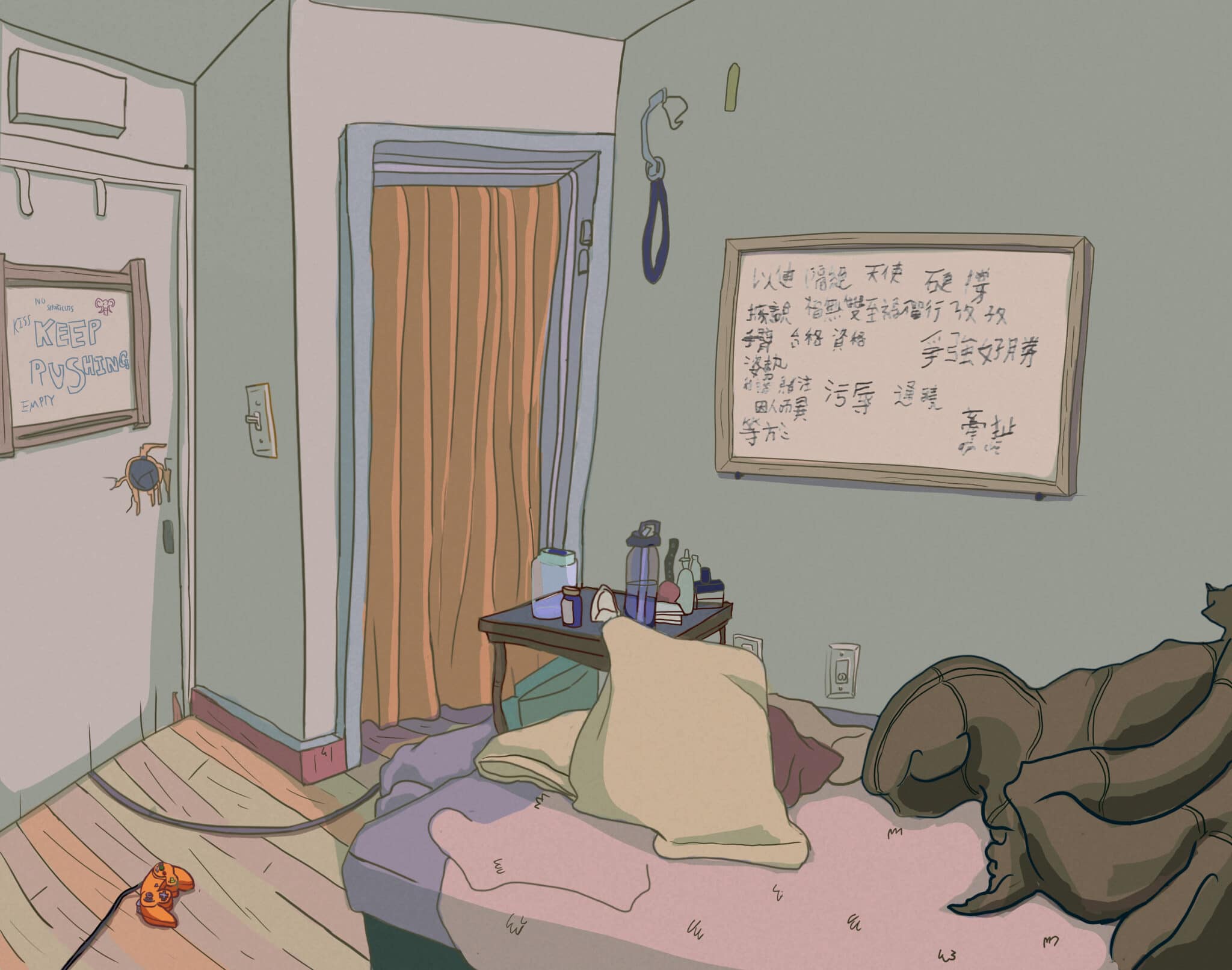With pandemic shutdowns, groups like Clean Green Music Machine face greater need and obstacles as they work for the good of their communities. Photo credit: Mia Isabella Photography
Some activists who try to do good work in our communities found themselves shutdown by COVID-19. Big rallies and gatherings were out, and they had to find new ways to reach people and try to make a difference. Jennifer Seda organizes clean-ups. Mark Files Schwaller uses music to care more about the environment and fight climate change. They found themselves innovating.
Seda along with three founders of the Anti-Litter Project, based in The Bronx, began cleaning up their community full-time. They took to the streets when they realized the Department of Sanitation’s $100 million budget cut affected their community in a negative way. Fewer garbage pick-ups meant more trash.
During the summer of 2020, Seda noticed that her neighborhood had piles of litter every day that began cluttering walkways and affecting the safety of residents. She had recently moved to the area, from another part of The Bronx. A few days in, she noticed people living in their cars, throwing trash onto the sidewalk. The piles of litter got so bad that she felt forced to do something about it. Seda worked together with her boyfriend and her roommate to help clean up her area.
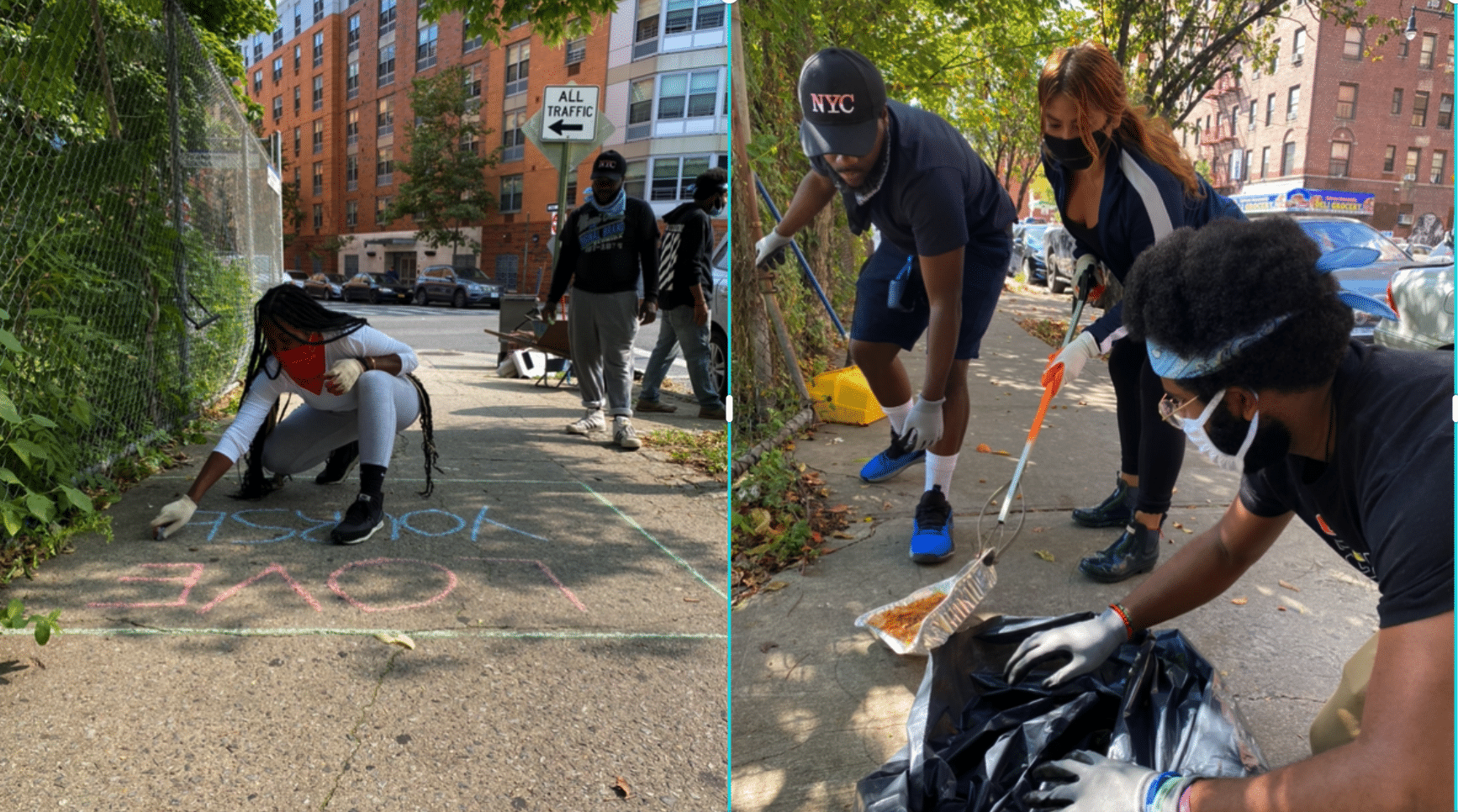
She attempted to organize weekly neighborhood clean-up parties, but it’s been harder than she thought. “We haven’t gotten a lot of volunteers, so we haven’t been able to cover as much ground. Cleaning up the streets can be dangerous,” Seda said. People in the neighborhood were complaining about the intoxicating smells and overflow of litter affecting their daily commutes. It motivated Seda and her team to act and try as best as they can to remove most of it. “We not only cleaned seven days a week, but we would try to negotiate and educate the people who littered the most. We filed so many 311 complaints and visited the 42nd precinct to get answers. After months of compromise, the 42nd precinct shut down our street for a few hours on September 29 and cleaned the litter,” she said.
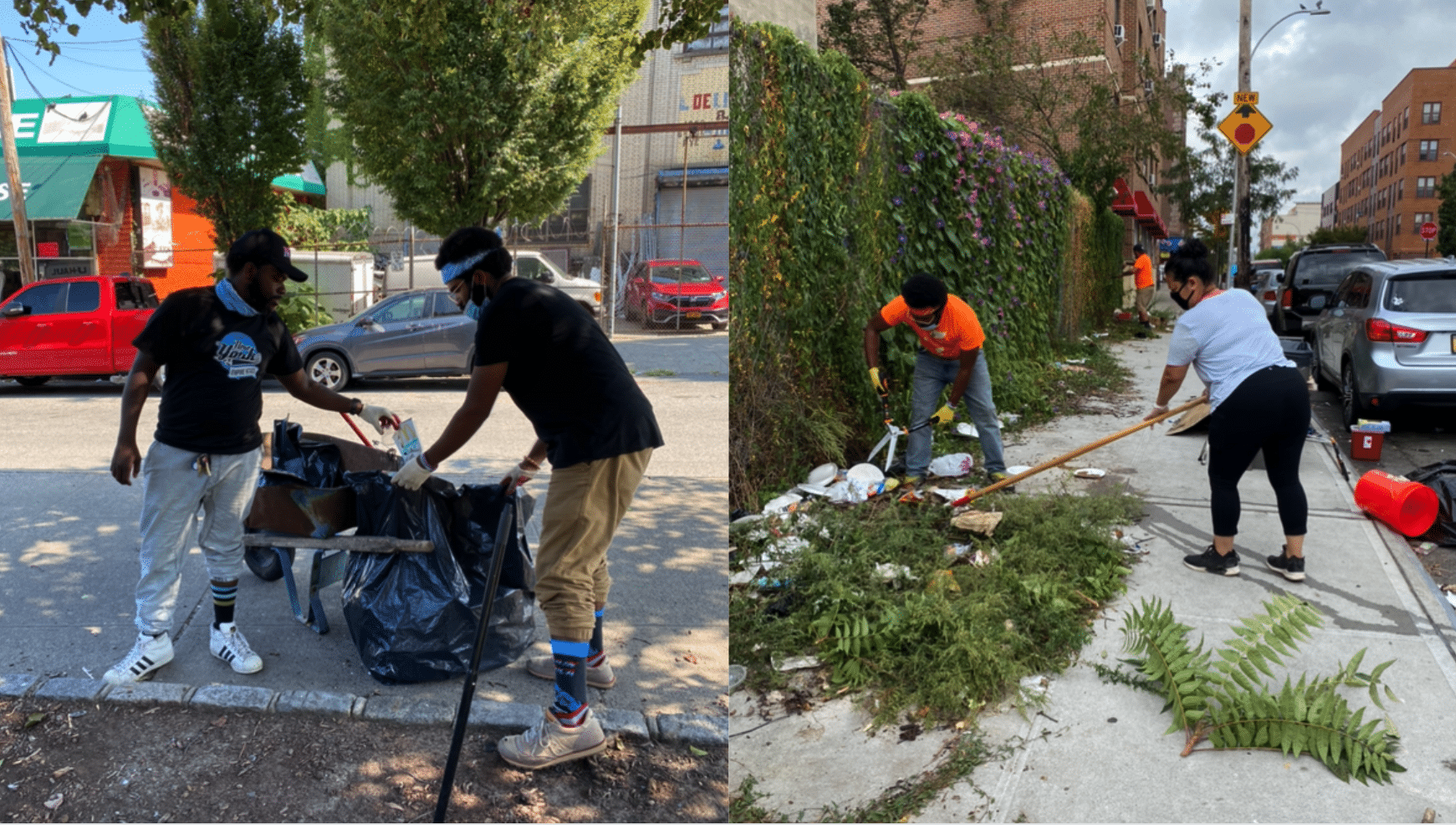
The lack of participation hasn’t discouraged Seda, but she did slightly shift her focus. “Right now, we are more focused on cleaning up vacant overgrown community gardens, and in a matter of a few months we are up to our third garden,” she said.
Seda sees herself staying very active in the community. “Our dream is to be able to pay people from our community to clean up. We are applying for grants like the David Prize, Partnership for Parks, and city funding to raise enough money to employ the unemployed in the South Bronx. If not, to be able to at least offer stipends to cover for transportation and working hours. Giving our community money for their service is another incentive to get more community members involved,” Seda said. “I feel responsible to have a part in demanding an equal and higher quality of life for people, no matter where they are located.”
Schwaller, Co-founder and Chief Purpose Officer of the Clean Green Music Machine, runs a non-profit organization that uses music and entertainment to get young people interested in environmental issues. They have visited school classrooms, held concerts and held other events before the pandemic. During the COVID-19 lockdown, Schwaller and the team found creative ways to spread their message—trying to get young people interested in the environment. They started a podcast called Turn It Up! and use Facebook Live for hosting community events.
“There were challenges that were fun to solve, but there are also challenges that are less fun that we have yet to find solutions to. The biggest of which, by far, is developing trusting relationships with teens and teachers via tele-conference,” Schwaller said.
Schwaller plans to expand the Clean Green Music Machine’s current programming to different cities in hopes of building those trusting relationships with teens and teachers. He envisions larger platforms such as television and recording opportunities for the youth. “Our dream for the future is to keep doing what we do but to reach more people. We are developing a TV series that would go on all the streaming services. We’re working on taking the rFUTURE program currently running in NYC and replicating it in every major city across the country, providing touring and recording opportunities for the teens in each city. The end goal is to create a global network of young people working together, supporting each other, and building the world they deserve, instead of accepting the one they were given,” Schwaller said. “There’s an energy that feeds us, when we’re in the same room together, sharing the same experience.”
But since he can’t have that in-person experience right now, he continues to try to find new ways to communicate. And like Seda the clean-up activist, he plans to continue to work through the pandemic.
Tags: activism activists Common Good Community action Coronavirus COVID-19 pandemic budget cuts pandemic life
Series: Coronavirus
